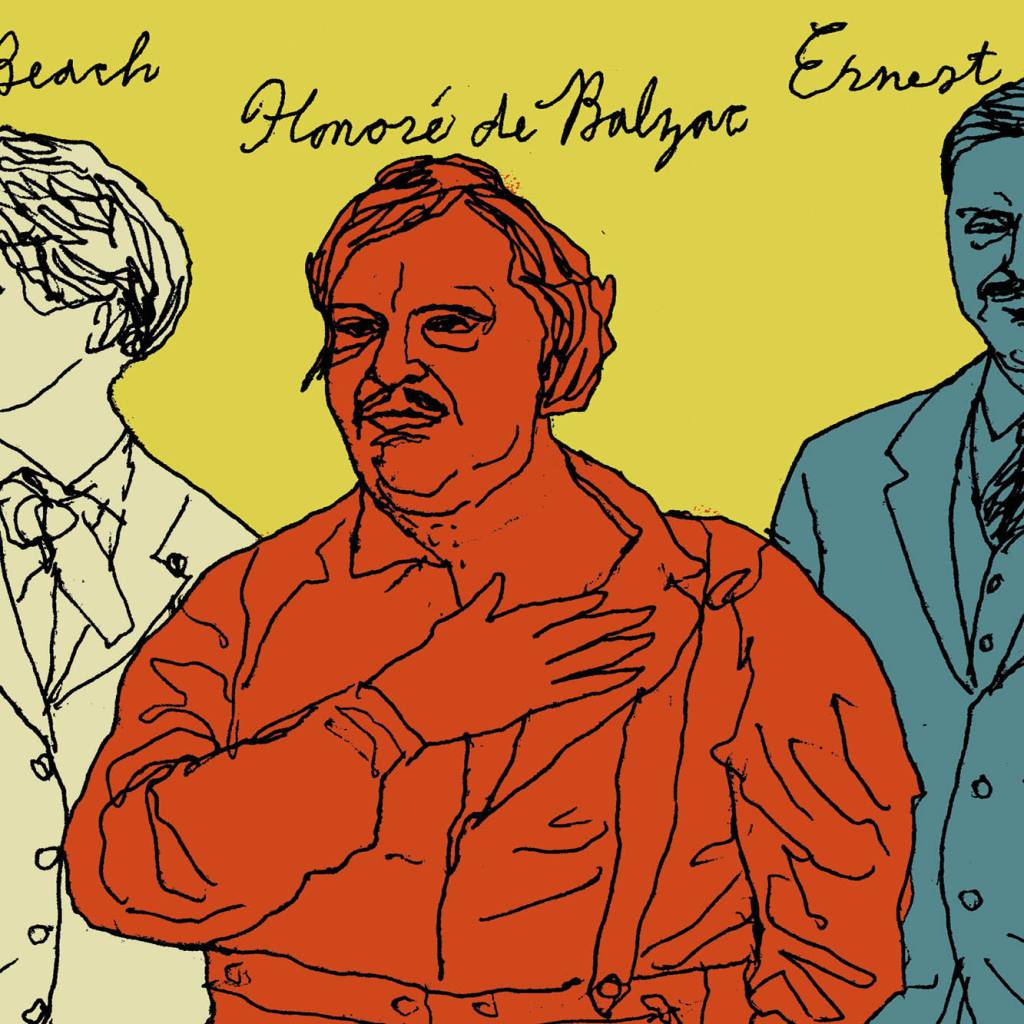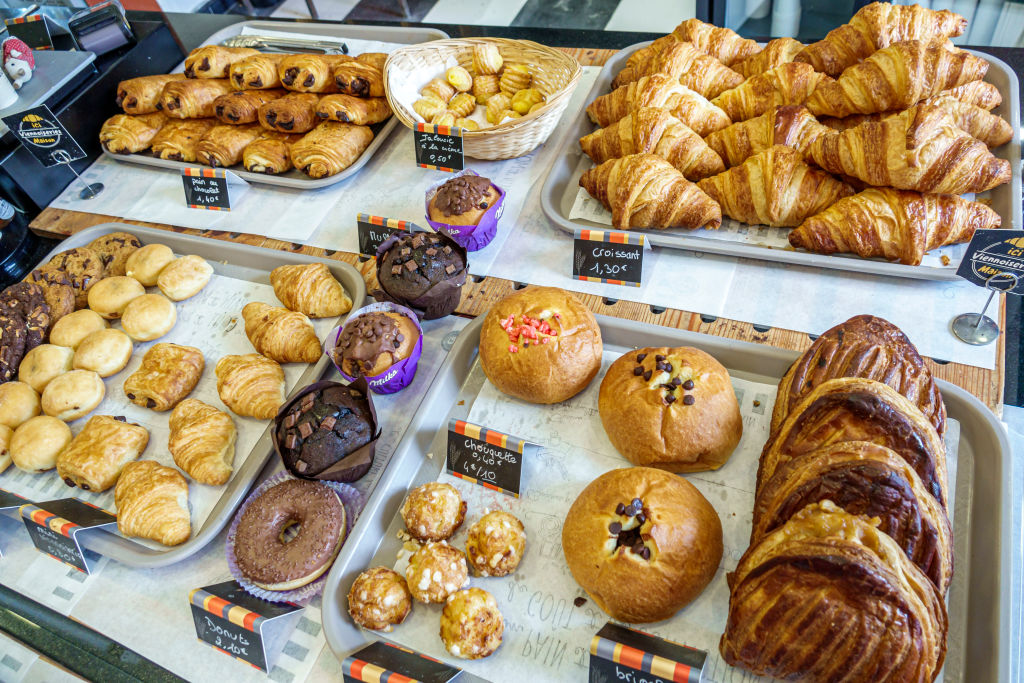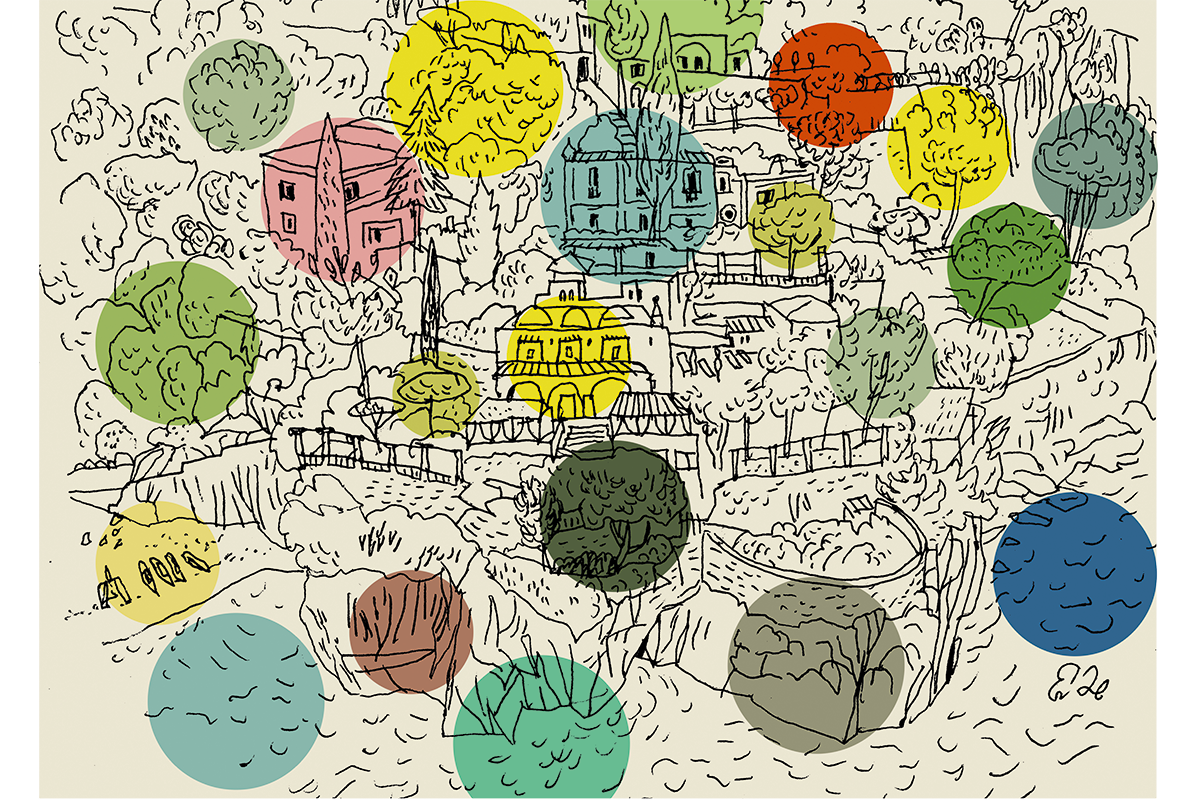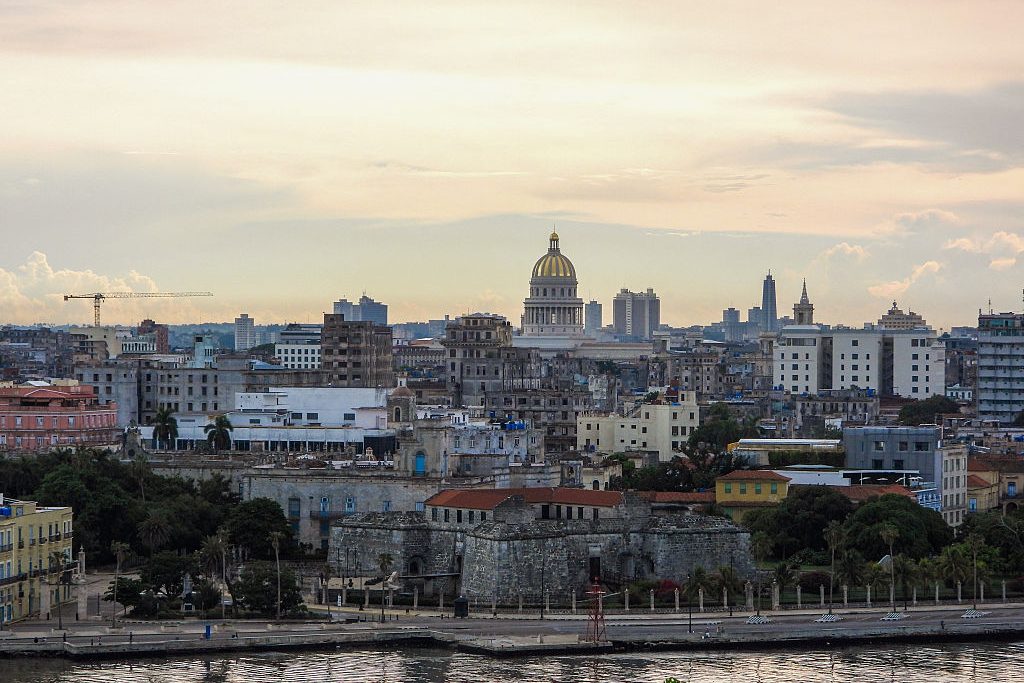After I ventured to New York in May 2024, bound for a discerning literary journey round the city’s bookshops, libraries and hotels, I received some lively and constructive feedback from Spectator readers. Many, thankfully, agreed with my arguments about its bookish charms, but a consistent theme in the comments I received was, “How can you claim that New York is the quintessential literary city? Have you forgotten Paris?” To which my reply was reasonably simple: “What about Oxford, London, Rome, Edinburgh, Dublin, Santiago or San Francisco?” All of them hugely distinguished citadels of the written word, both present and historic alike.
Yet I felt uneasy at my response. Paris, after all, isn’t just the place where many of France’s greatest writers lived, worked and loved, but an expatriate literary hangout par excellence. Without Paris, it’s doubtful that Hemingway, Scott Fitzgerald or James Joyce would have achieved anything like as much as they did. The so-called “Lost Generation” of American writers who all but colonized the city in the Twenties didn’t just prop up the bar of the Paris Ritz until they ran out of change or credit, they created a valuable conduit between the Old World and the New. A century after the Lost Generation were at their peak, it felt incumbent upon me to hop onto the Eurostar from London and soak up a couple of days of literary and artistic bonhomie in search of the city’s timeless joys.
My choice of hotel, naturally, had to be in keeping with my mission, and so I was especially pleased to discover that the recently opened Hôtel Balzac, a few steps away from the Champs-Élysées, was located upon none other than the spot where Honoré de Balzac himself lived. It’s not the best-known Balzac residence — that would be the Maison de Balzac in the 16ème — but the story of how the great author spent his final months in the former Avenue Fortunée, before dying in the arms of his new wife Eveline Hańska at the age of fifty-one, is a stirring and quintessentially Parisian one. It is rumored that one of the reasons for his early demise was his habit of drinking up to fifty cups of coffee a day. We can only speculate whether such classics of French literature as Germinal and La comédie humaine were written in a hypercaffeinated state.
In any case, Balzac would be hard-pressed to recognize the establishment that bears his name today. It is an exceptionally discreet and well-appointed place, expensively and painstakingly renovated after its acquisition by the group Les Maisons Bertrand. An expensive and comprehensive redesign by the Festen architecture group has allowed for sumptuously furnished suites, some of them with a direct view of the Eiffel Tower, and a beautifully designed spa, the Ikoi, which has been constructed on Japanese lines and sits comfortably in the basement of the hotel, ready to receive its weary visitors and give them the relaxing experience of their dreams. But it’s the bedrooms that will make anyone gratefully sink into the enormous and tender embrace of soft mattresses and softer pillows: they are enough to inspire well-rested writers to their finest work.
The hotel has a casual dining space, where you can take breakfast while reading the New York Times or The Spectator, but if you’re after a more comprehensive experience you might wish to stroll past the Arc de Triomphe and head for lunch at the Balzac’s sister establishment, the Saint
James Paris, where you might enjoy a lavish repast at the Michelin-starred Bellefeuille. It’s a wholly different experience, a château sitting in grandeur in the cent- er of the French capital, and the food is exemplary, as you would expect. A soup of tomato and goat’s cheese actually tasted of tomato, rather than the usual flavorless nonsense, and a main course of duck, accompanied by a very fine glass of Burgundy, was as good as anything that I’ve eaten this year. Chef Grégory Garimbay is a hugely talented man who deserves at least a sonnet written to his skills, if not a great deal more.
Thus replete, it was time to wander round the city’s greatest literary haunts. It would not be a visit to Paris without popping into the famous English-language bookshop, Shakespeare and Company, which has adorned the Left Bank since 1951 after being opened by the eccentric bookseller George Whitman. Some of its more unusual traditions have been toned down — the so-called “tumbleweeds,” aspirant writers who would sleep in the bookshop in exchange for helping out behind the cash desk, now have to make formal applications for a residency period, whereas once they would simply have turned up, knapsack in hand — but there is still a great sense of satisfaction in buying a copy of a book and having it stamped with the Shakespeare & Co insignia: a recognition that a great literary tradition has been maintained to the present day.
Paris is a proudly bookish city, although this has not been without controversy and upset. The Seine’s second-hand booksellers, the bouquinistes, may enjoy elevated and historic status, but it took President Macron’s intervention to prevent their riverside book stalls being closed or dismantled during the Olympics, on the perhaps ridiculous grounds that lurking within their Simone de Beauvoir first editions might be some deadly explosive or weapon. (Those who have read their books will be aware that they’re devastating enough on their own terms.) Many would argue that the most damaging item in these booksellers’ arsenal would be their impeccably timed literary quips, made to any browser who’s taking too long and not looking as if they will buy enough books, and few would dare fail to make a purchase before moving onto their next destination.
There are many other spots that any self-regarding book lover will wish to visit, whether it’s Les Deux Magots, the literary café where Sartre and Beauvoir held their performatively public assignations, Oscar Wilde’s much-kissed grave at the Père Lachaise cemetery, or the Maison de Victor Hugo, where, as the name might suggest, the author of Les Misérables worked and lived. Yet I would seek to direct the curious bibliophile to two other places, one legendary and one aspiring to become so.
A stone’s throw from the Hotel Balzac lurks one of the city’s best-known and most beloved restaurants, Fouquet’s. It opened in 1899 and has subsequently played host to virtually every single well-heeled writer in Paris, whether they were on their own dime or being hosted by an unusually generous publisher or fellow author. It has managed to stay both authentic and popular for the last century and a quarter by updating its menu subtly but keenly, courtesy of three-Michelin-starred superchef Pierre Gagnaire: those in the know suggest that you will not get better frogs’ legs or lamb anywhere in the city, so settle into a red banquette, order yourself a glass of Sancerre and sit back in the happy knowledge that you’re dining in the company of the great.
And if you’re in the mood for something altogether more contemporary, a writer friend pointed me towards the aptly named Public House, lurking in the Opéra district. It’s the perfect combination of English-language and French influences, with British chef Calum Franklin — the so-called “pie king” — overseeing the menu, which, as you might expect, goes appropriately heavy on pies. (Try the braised beef with bone marrow, and you can thank me later.) This is not a light and refined restaurant, like many nearby, but a hearty, vibrant place, full of literary and cultural discussions conducted at top volume. It’s too dark to read, so the best thing the solo diner can do is to gulp down one of the excellent cocktails (the French Whisky Sour and Basil Smash are particularly highly recommended), smile warmly at those around you and try to discuss the finer points of the Lost Generation’s writing. With any luck, you’ll have made life-long friends before you’ve even uttered the words “Gertrude Stein.”
Paris is one of the world’s greatest cities for indulging both the body and mind in conjunction with one another: no Cartesian dualism here. My perfect day here would consist of spending my morning reading Balzac or Hemingway in a café, my afternoon walking around bookshops and literary monuments and my evening eating escargots and steak frites and drinking wine, and then waking up, thoroughly refreshed, before repeating the same process all over again. After enough days of doing so, I can only imagine that it’ll lead to me being able to create another timeless masterpiece of my own. Alternatively, I could develop gout, but such things are a necessary risk of any couple of days spent in this most intoxicating and literary of places. Sorry, New York: you’ve got serious competition.
This article was originally published in The Spectator’s January 2025 World edition.























Leave a Reply